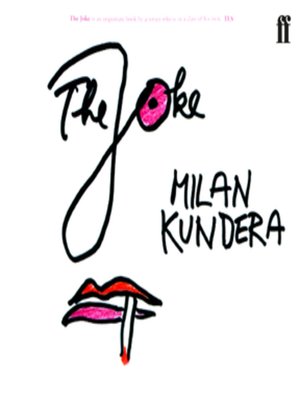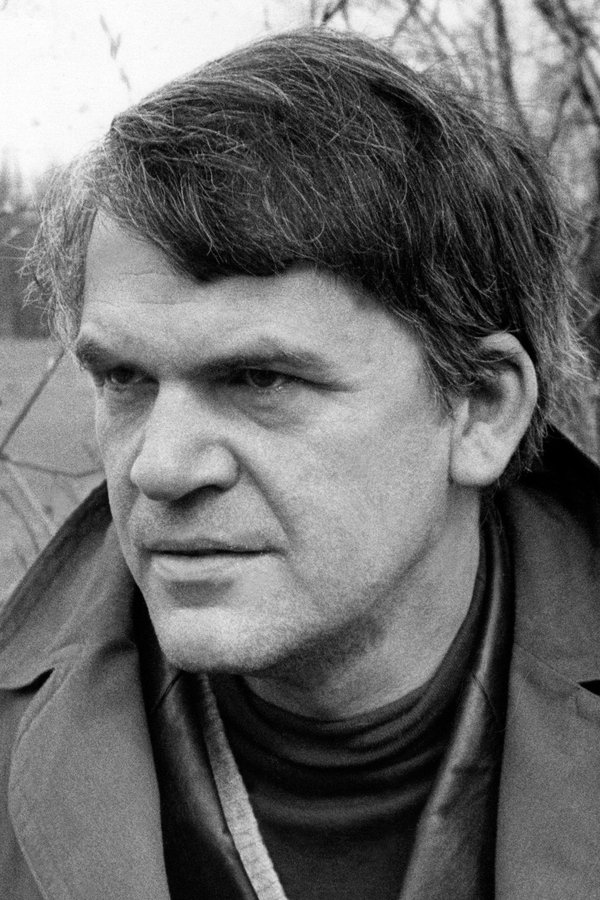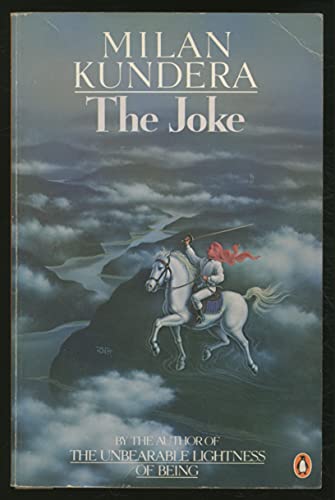
Hoist with his own petard, the narrator waxes philosophical about the important lesson he has learned about life. The girl is easily seduced, and the affair is consummated the same day on the narrator’s couch, to the narrator’s wrenching and never-ending dismay.

He approaches his Greek friend, who acts the role of a foreign impresario attracted by the talent of the girl, who happens to be a music student. For example, in one of the stories in Laughable Loves, “I, the Mournful God,” the narrator wants to punish a pretty girl who has resisted his advances by punishing her vanity.

They have in common the central device of a “joke”-that is, an intended and performed hoax, a prank-that misfires and, like a boomerang, hurts the perpetrator rather than the intended victim. Kundera’s first novel, The Joke, seems to grow out of the short-story collection Laughable Loves. It is the mark of Kundera’s genius that he has been able to alchemize the best that these authors had to offer him into his own original prose, surpassing them all. Against the background of modern Czech fiction, Kundera appears as a worthy follower of the three main directions of Czech prose, associated with the names of Jaroslav Hašek, Karel Capek, and Vladislav Vancura. This is particularly visible in the structure of a Kundera novels, which strikes one as that of a loosely organized group of short stories that have in common not so much recurring characters as a central theme, of which each story illustrates a single facet.Įach of his novels-as well as his cycle of short stories, Laughable Loves-is a fresh approach to his abiding concern: the search for authenticity defined as an unmasked, demythologized, yet philosophical parable of the existence of a Czech intellectual in a given historical time. Each is an experimental foray into the unknown, although well prepared and supported by the literary legacy of Jaroslav Hašek, Karel Capek, and Vancura.


None of Milan Kundera’s novels fits into the traditional concept of the novel.


 0 kommentar(er)
0 kommentar(er)
